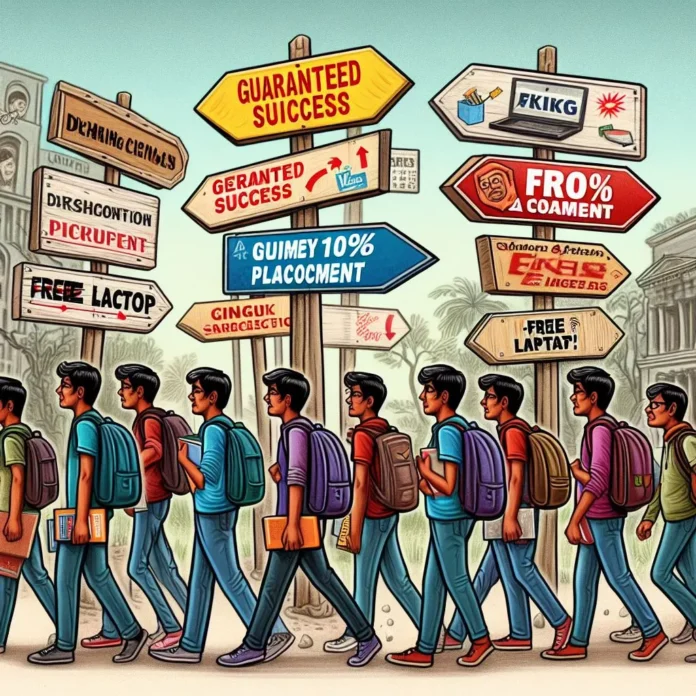The Indian education ministry has introduced new guidelines to regulate coaching institutions, including age restrictions, fee transparency, infrastructure requirements, and reporting of student success. Violations could result in fines and license cancellations.
The Indian education ministry has introduced new guidelines to regulate coaching institutions across the country. These include restrictions on admission age, registration of coaching centers, greater transparency in fee structures, infrastructure requirements, limiting coaching hours, mandatory relaxation time, and reporting of student success. Violations can result in fines and potential license cancellations for repeat offenders. However, the challenges lie not only in their practical implementation but also in addressing the root causes of issues associated with coaching institutes and student stress.
To tackle these problems and reduce anxiety among students, the country needs to adopt a comprehensive approach that goes beyond mere symptom treatment. Steps include improving the supply-to-demand ratio, developing effective online programs, investing in teacher training, reporting norms for placement claims, and reforming the exam process.
A national plan should be devised to significantly increase seats in premier institutions, possibly aiming for a fivefold increase over the next five years. Advanced online programs should offer high-quality content using cutting-edge technologies and involve top-ranking students from premier institutions. Investing in teacher training initiatives can bridge the gap and provide students with necessary guidance within the classroom setting.
Establishing reporting norms for placement claims in institutes should shift from highlighting the highest salaries to disclosing median salaries, preventing the glorification of pay packages received by a fraction of students. Exam processes should be more transparent and reflective of real-world problem-solving, emphasizing understanding rather than speed.
Public awareness campaigns should be launched to educate students and parents on the diversity of career pathways and highlight success stories of individuals who pursued alternative educational paths. Organizing lectures from stalwarts in other domains can help students make more informed choices.
To sum up, while the new guidelines offer a regulatory framework, addressing the larger issues requires a holistic approach. By focusing on increasing educational capacity, leveraging technology for online tutoring, investing in teacher training, reevaluating placement reporting norms, reforming the exam process, and launching public awareness campaigns on alternative career choices, the country can pave the way for a more equitable and stress-free educational landscape.
Conclusion
The Indian education ministry has introduced new guidelines to regulate coaching institutions, including age restrictions, fee transparency, infrastructure requirements, and reporting of student success. Violations could result in fines and license cancellations. To address issues and reduce student stress, a comprehensive approach is needed. This includes improving the supply-to-demand ratio, developing effective online programs, investing in teacher training, establishing reporting norms for placement claims, reforming the exam process, and launching public awareness campaigns on alternative career paths. By focusing on these steps, the country can create a more equitable and stress-free educational landscape.



